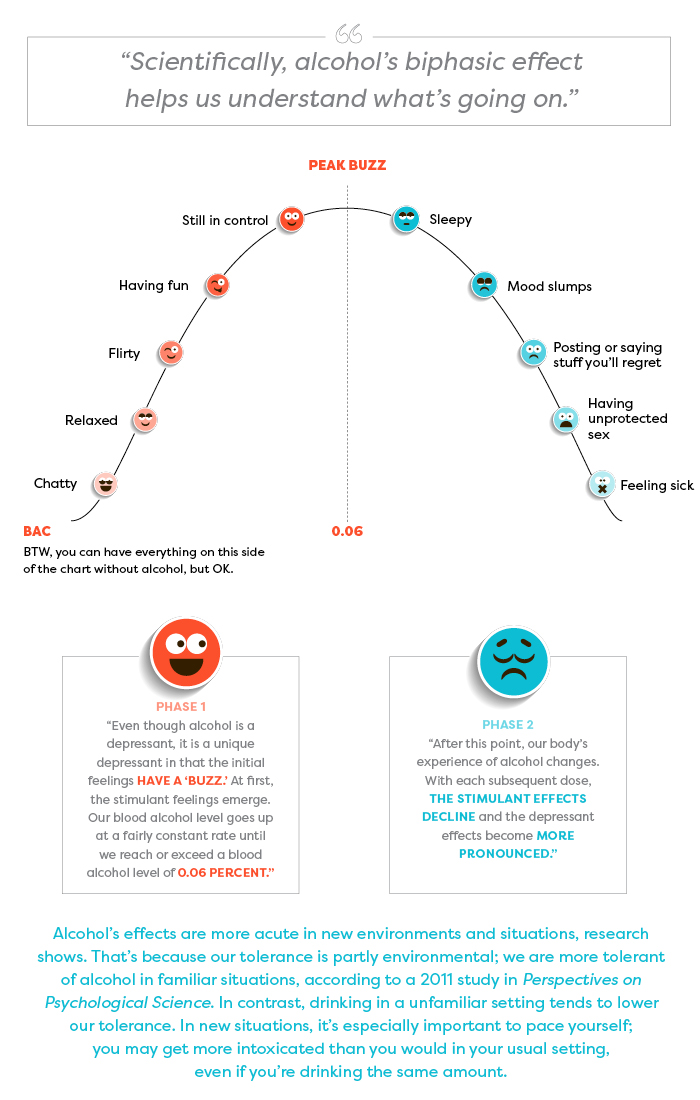Uncover the secrets of why some people can hold their liquor while others can’t – the surprising science of alcohol tolerance.
Table of Contents
Alcohol consumption has been a social activity for centuries, with many individuals curious about the fine line between enjoying a few drinks and crossing over into intoxication. One common question that often arises is: “how many beers does it take to get drunk?” In this blog post, we will dive deep into the science behind alcohol metabolism, individual tolerance levels, and the various factors that can influence how intoxicated a person becomes.
The Science of Alcohol Metabolism
When a person consumes alcohol, it is absorbed into the bloodstream through the stomach and small intestine. The body then goes through a process called alcohol metabolism, where enzymes in the liver break down the alcohol into acetaldehyde and eventually into acetate before being eliminated from the body.
The rate at which alcohol is metabolized can vary from person to person and can be influenced by factors such as age, gender, and liver function. In general, the body can process about one standard drink per hour, but this rate can be faster or slower depending on individual factors.
Individual Tolerance Levels
Individual tolerance to alcohol can vary significantly from one person to another. Factors such as body weight, genetics, and overall health can all play a role in how much alcohol a person can consume before feeling the effects of intoxication. Those who have a higher body weight tend to have a higher tolerance for alcohol, as the alcohol is more diluted in their bloodstream.
Genetics also play a role in alcohol tolerance, as some individuals may have enzymes that metabolize alcohol more efficiently, while others may have genetic variations that make them more sensitive to its effects. Overall health can also impact alcohol tolerance, as liver function and overall metabolism can influence how quickly the body processes alcohol.
Influencing Factors
Aside from individual tolerance levels, there are other external factors that can influence how intoxicated a person becomes after consuming alcohol. One key factor is food intake – consuming food before or while drinking can help slow down the absorption of alcohol and reduce the effects of intoxication. Hydration levels can also play a role, as staying hydrated can help the body process alcohol more efficiently.

Image courtesy of www.campuswell.com via Google Images
The type of alcohol consumed can also impact how quickly a person becomes intoxicated. Beverages with higher alcohol content, such as spirits, can lead to faster intoxication compared to beer or wine. Additionally, factors such as stress levels, fatigue, and medication use can all influence how alcohol affects the body.
Conclusion
While the question of how many beers it takes to get drunk may not have a straightforward answer, understanding the science behind alcohol metabolism, individual tolerance levels, and influencing factors can provide insight into why some individuals may become intoxicated more quickly than others. By being aware of these factors and practicing responsible drinking habits, individuals can better navigate their alcohol consumption and ensure a safe and enjoyable experience.
So, next time you reach for a drink, remember that moderation is key, and always be mindful of your own tolerance levels and the factors that can influence how alcohol affects your body. Cheers to informed and responsible drinking!
FAQ
How does alcohol tolerance vary from person to person?
Alcohol tolerance can vary based on factors such as body weight, genetics, and overall health. Individuals with higher body weight and efficient alcohol-metabolizing enzymes tend to have a higher tolerance.
Can food intake impact alcohol tolerance?
Yes, consuming food before or while drinking can slow down alcohol absorption and reduce intoxication effects. It’s advisable to eat before drinking to help mitigate alcohol’s impact.
Does hydration play a role in alcohol tolerance?
Hydration levels can affect alcohol tolerance. Staying hydrated can aid the body in processing alcohol more efficiently, potentially moderating its effects on the individual.
How does the type of alcohol influence tolerance levels?
Beverages with higher alcohol content, like spirits, can lead to faster intoxication than beer or wine. The type of alcohol consumed can impact how quickly an individual becomes intoxicated.
Generated by Texta.ai Blog Automation


Leave a Reply